From Erling Haaland and Nicolas Cage to Lady Gaga, Billie Eilish, and Nicki Minaj, the brightest stars in sport and entertainment are entering a new era of digital media – through our favourite video games.
As a multi-billion-dollar game, Clash of Clans needs no real introduction. Since its release in 2012, millions have been playing the mobile strategy game each day, building settlements and pillaging rival ones to no end.
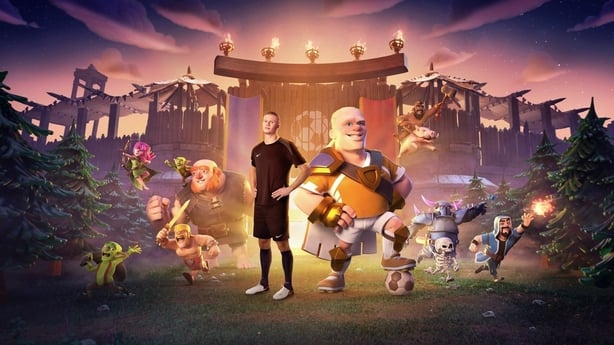
And yet, when Manchester City's Erling Haaland announced he was swapping the football pitch for the battlefield and becoming the new Barbarian King, Clash added a new feat to its growing legacy – an epic collaboration.
Haaland's pivot to a mobile game took many by complete surprise. But as he shared on social media, he's been a fan of the game since he was ten years old and is excited to interact with players—who can either ally themselves or launch an attack against the star striker.
Although he's no stranger to games like EA Sports FC, Haaland's appearance in a completely different game genre shows exciting things are happening in the industry. And he is just one of many crossovers already happening in the industry.
The rise of celebrity skins
If a video game has cosmetics or a unique mode, chances are there's a potential crossover with a celebrity. Nicolas Cage is a prime example of an unexpected but truly iconic collaboration.
When the actor took to the stage at the Summer Games Fest last year, no one could have predicted he would announce his entry into the asymmetrical horror game Dead By Daylight.
As bonkers as it seemed, and once the shock subsided, players realised the move made total sense. An avid horror fan, Cage said it took him nothing but a 'split second' to say yes, saying it offered him a unique opportunity he hadn't experienced in his career to date.
"Dead by Daylight to me was an opportunity to break out," he said live onstage. "I've never been invited into this space before. And I'm always looking for new adventures. So that to me was like: "Wow, I meet a whole new audience and branch out and go on this Dead by Daylight adventure."
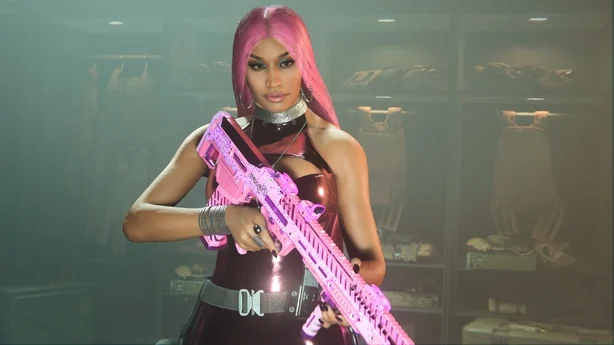
While athletes and actors are concentrating on the visuals with skins, musicians are seizing gaming collaborations in an even bigger, bolder way. Nicki Minaj dominated mainstream news last year when her surprise appearance in the game Call of Duty transformed War Zone into a sea of luminous pink hair, guns and vehicles.
But perhaps the best example of how a musical collaboration can work to the fullest is found in the bane of many parents' lives: Fortnite.
In this free battle royale game turned metaverse, musicians can truly immortalise their careers in games, like some form of new-aged digital museum. Want to relive a specific era of an artist? Play a song in-game? Spam a signature piece of choreography? With these kinds of gaming moments, it's now possible.
In April of this year, Lady Gaga celebrated her Chromatica Ball stadium tour when she featured as the icon in Fortnite's Festival Season. Fans could – you guessed it - unlock a wide range of unique virtual merchandise, including costumes, weapon skins, choreography emotes, and new jam tracks from her back catalogue.
GaGa, who infamously tweeted "What's fortnight" back in 2019, seems to have done her research and realised the potential of the game. She joins the ranks of Eminem, Ariana Grande, The Weeknd, and now Billie Eilish, all of whom have become skins, featured their music, and continue to prove the demand is growing for celebrity content.
Gaming - where the audiences are
With more famous faces gearing up for the virtual world, it's an exciting but unforeseen time in the industry. New games, modes and technology are constantly being developed to push the boundaries. Who knows what everyone will be playing next month, let alone next year?
Trev Keane is the MD of EPIC Global, a gaming and esports agency that connects rightsholders, athletes, and talent to the gaming world. For Keane, gaming has become a natural space for celebrities to engage with new and existing fans.
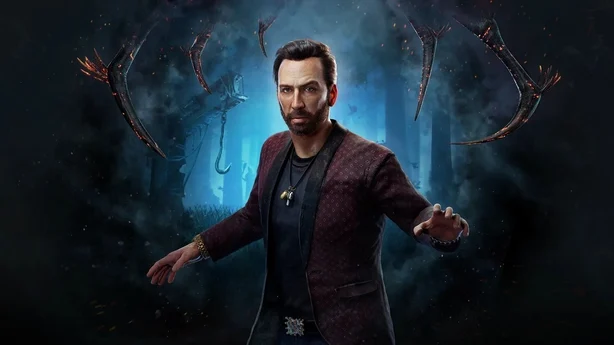
"It is all about being where the audience is and what you are passionate about," he says.
"Modern-day gaming, from a casual perspective, is as much social as it is fun. Thanks to technology advancements, kids in Ireland can play with family and friends worldwide. It is a great connector. More so than social media."
For Keane, it is a case of "going where the people are" and for celebrities to marry the hobby of gaming to their professional lives. This way, new fans can experience more than just the skins themselves.
"My son learned about Eminem from Fortnite," Keane says, "so buying his skin in the game has led to his curiosity about his music. In the same way, musicians transcend their music into movies. They can now be in the game."
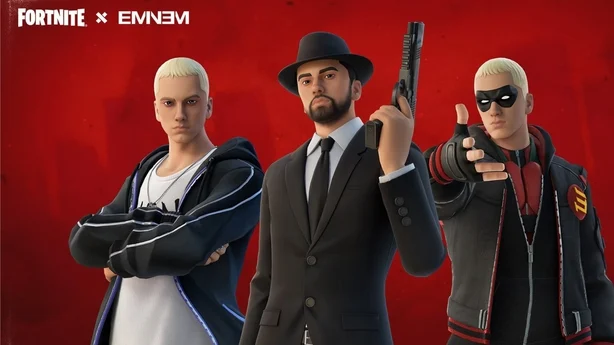
As one of the most diverse industries worldwide, entering the gaming space can be tricky. What game do you pick? Should it be a skin, a game mode, or both? And how does the collaboration feel genuine for fans and gamers alike?
"Erling Haaland is a great example of a crossover that appears ideal," Keane says.
"Clash of Clans is a strategy game played by the Manchester City striker. It features barbarians and other warriors. The physical shape of Haaland, impressive for a soccer player, is equally amazing in the Barbarian world, so it's almost too natural," he says.
"For Billie Eilish and Lady Gaga, again, it's about being where the audiences are. Eilish's music, for example, has been featured in games already, from NBA2K and FIFA to Fortnite, so appearing as a playable character is another step in that journey."
The future of famous faces in gaming
While a lack of data on skin sales can make it difficult to gauge the success of collaborations, if we judge them on headlines and social media alone, they seem to be highly effective in raising the profile of both the game and the star in question.
So, what can we expect next? More skins? More celebrities? Or is there something to be said for the unpredictable innovation found in gaming?
"As technology evolves, such as e-commerce and immersive ads in Roblox, we could reach a stage where people watch movies and live sports within gaming ecosystems," Keane predicts.
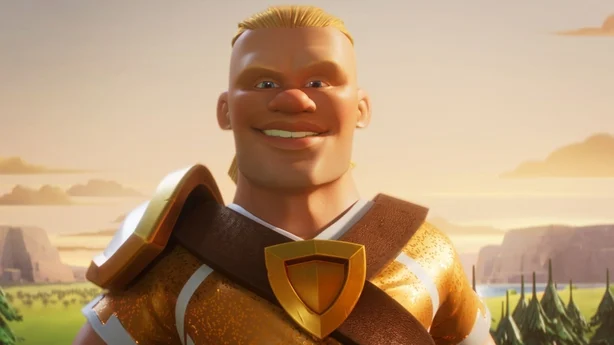
"Imagine watching a Star Wars movie in Fortnite with your Darth Vader avatar; it seems wild, but it's definitely something that could happen as technology advances and rights holders determine how best to bring their product to new audiences."
"That being said, I can also see a world with celebrity fatigue, and consumers will want gaming experiences that rely on folklore and imaginary characters, but that is not for a few years; there are still plenty of exciting experiences to come."
"What we will see in the coming 18 months is more and more brands entering Roblox and Fortnite, with more and more indie developers creating experiences within these ecosystems," he adds.
Disclaimer: The copyright of this article belongs to the original author. Reposting this article is solely for the purpose of information dissemination and does not constitute any investment advice. If there is any infringement, please contact us immediately. We will make corrections or deletions as necessary. Thank you.






